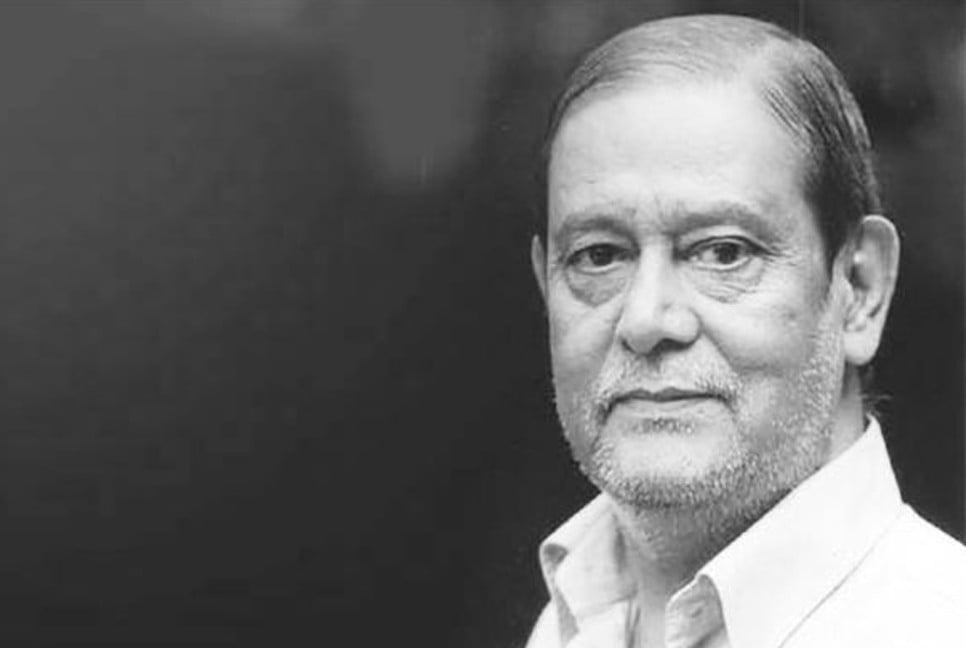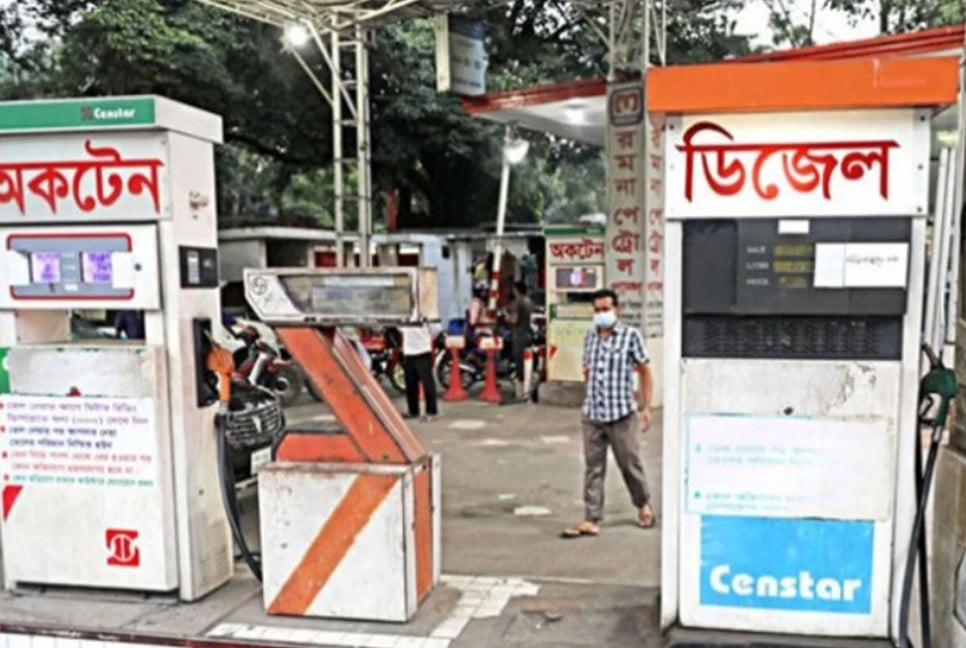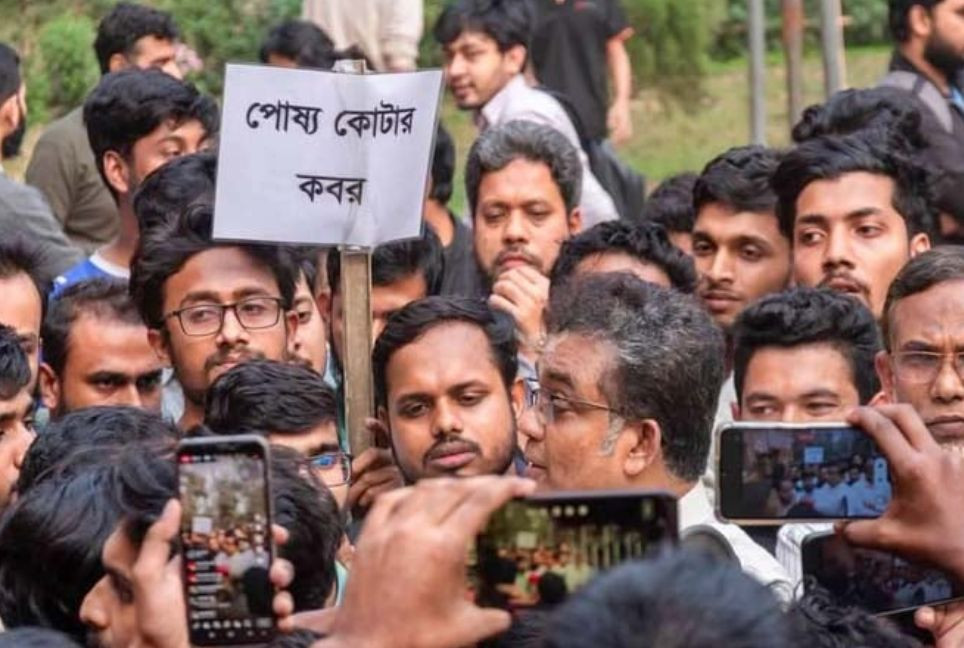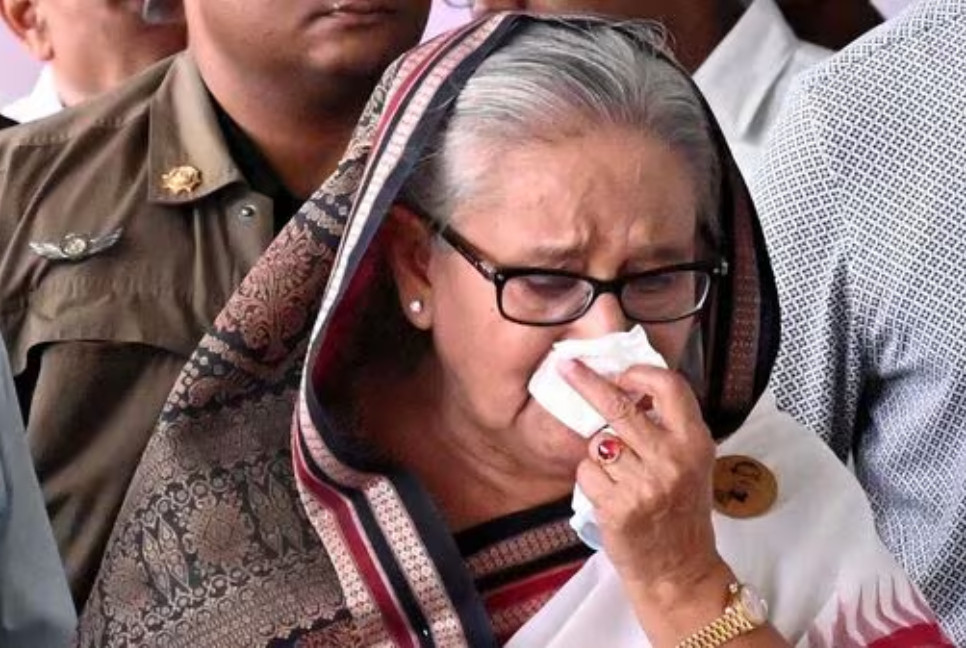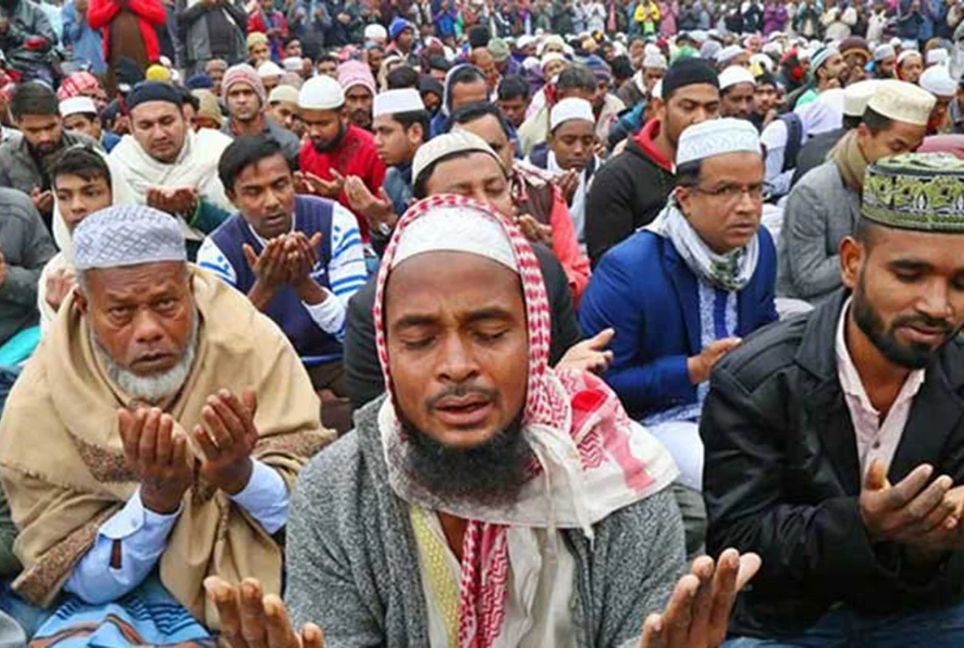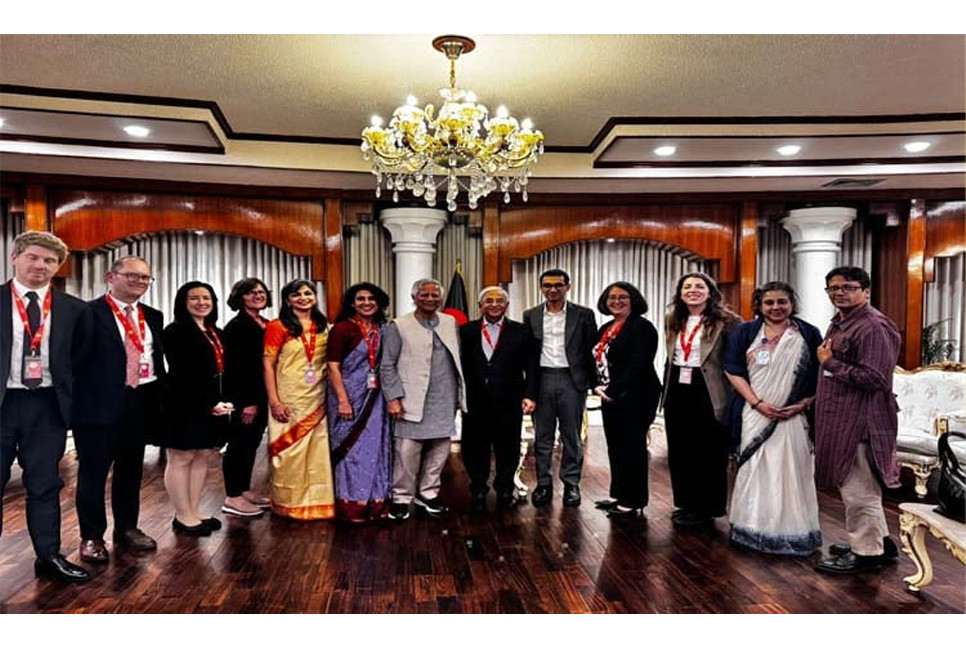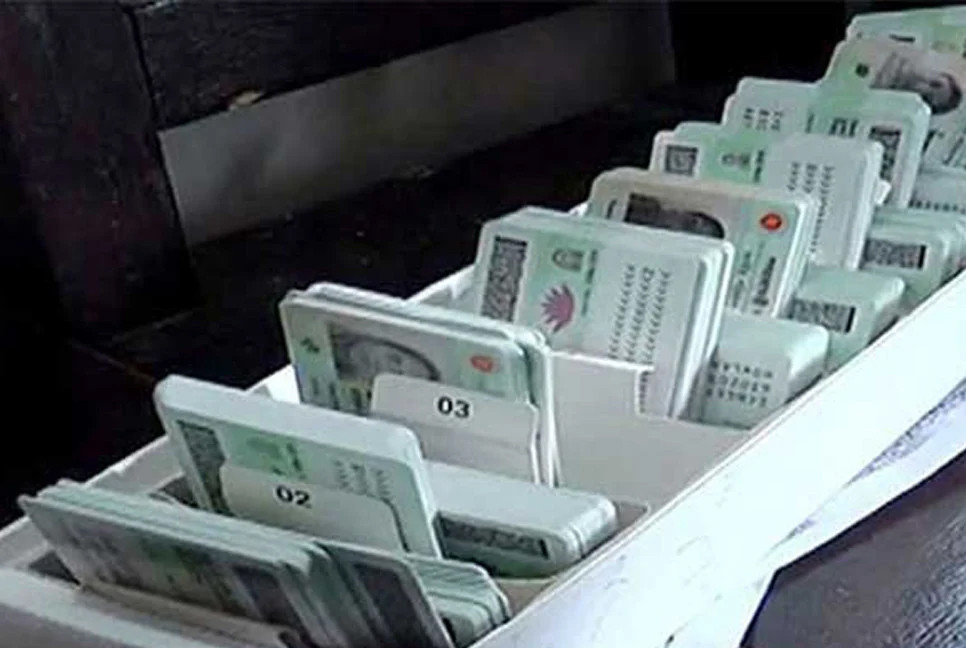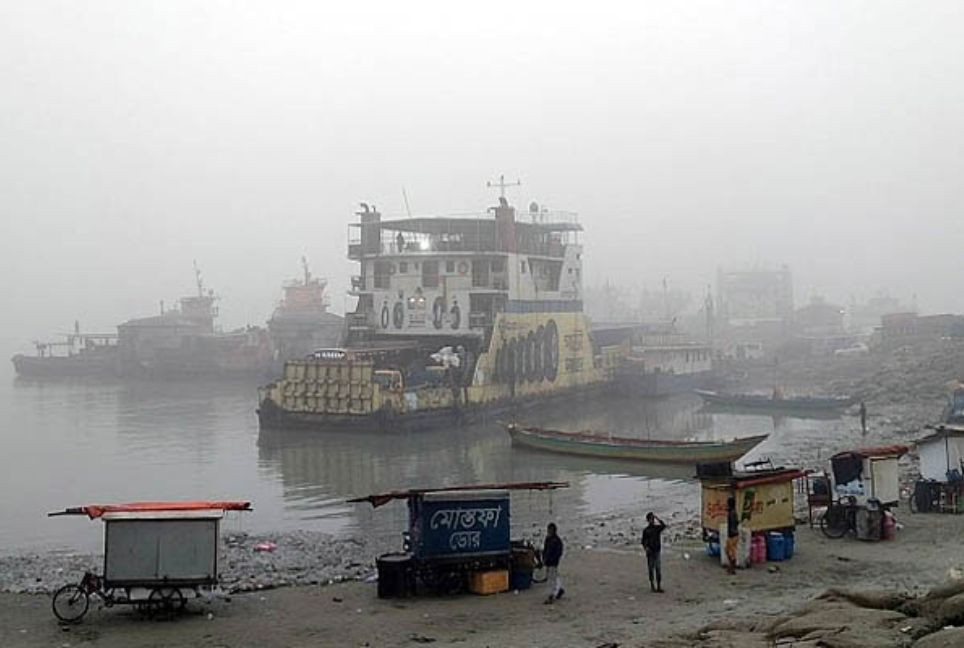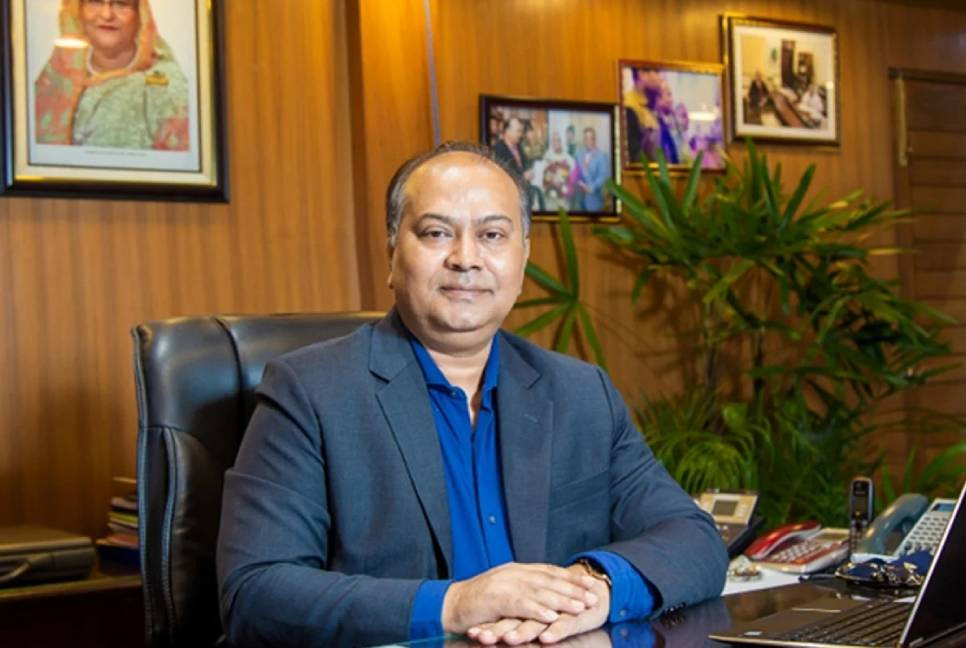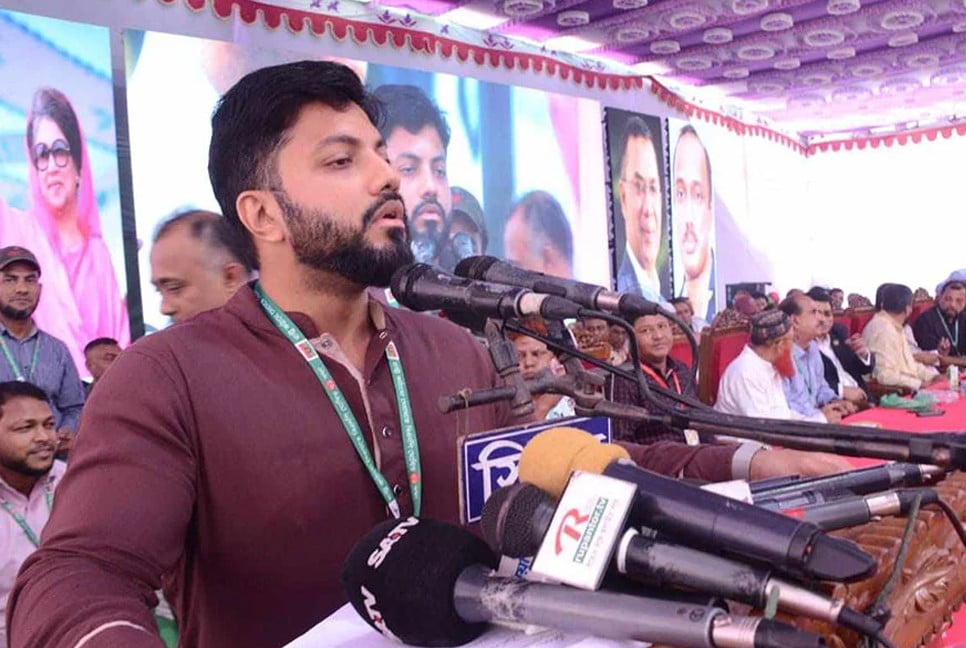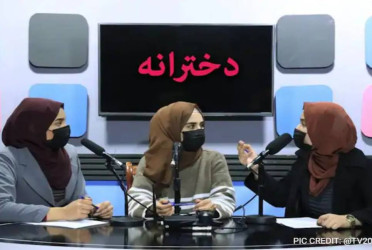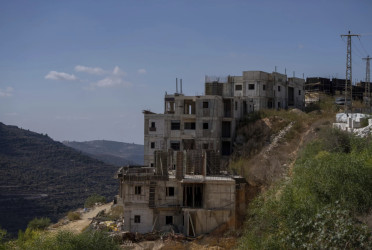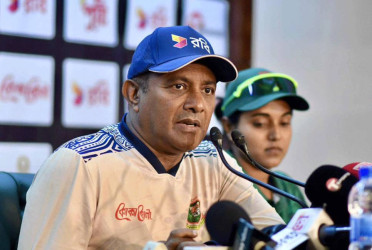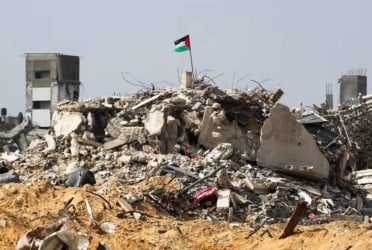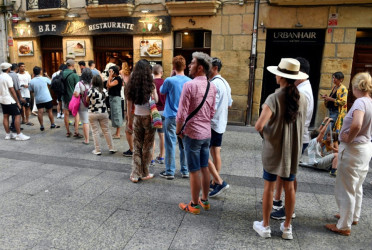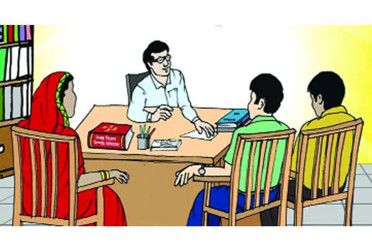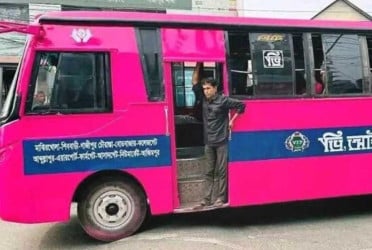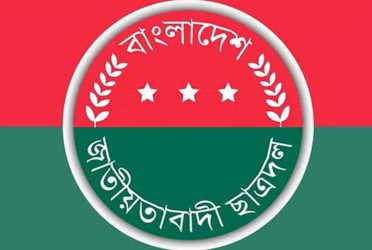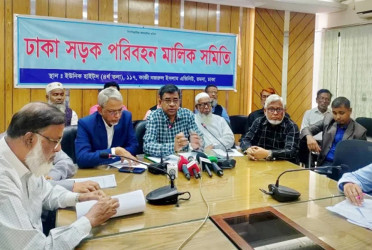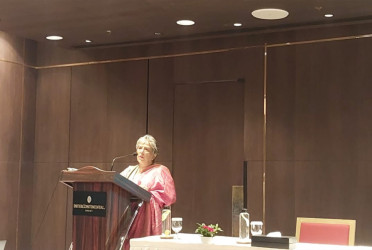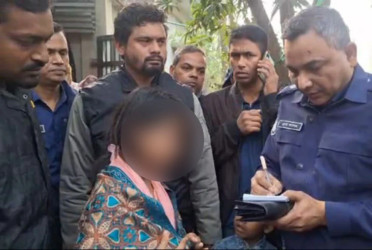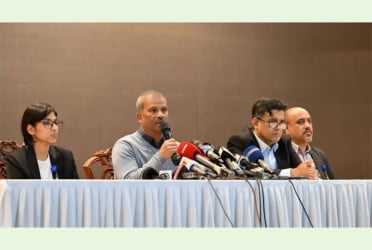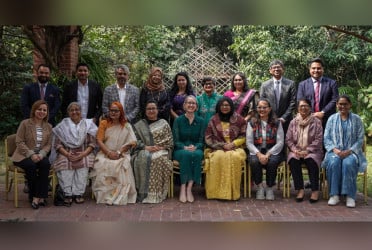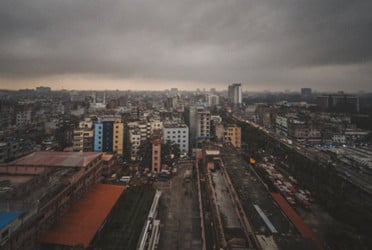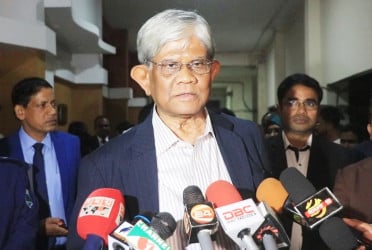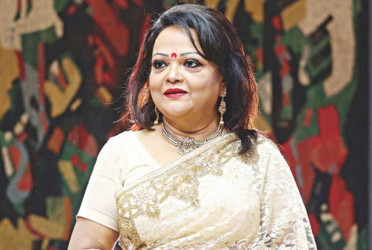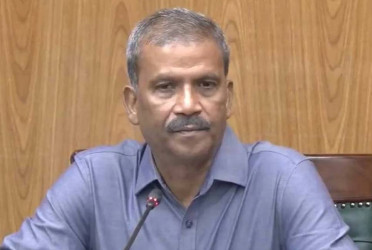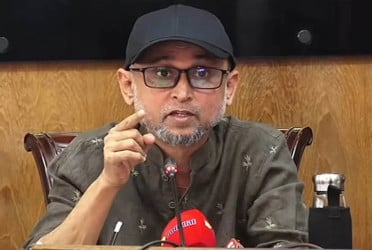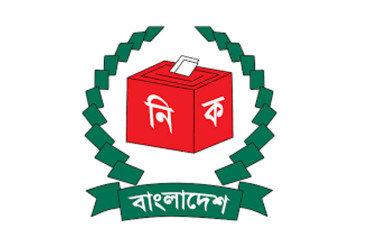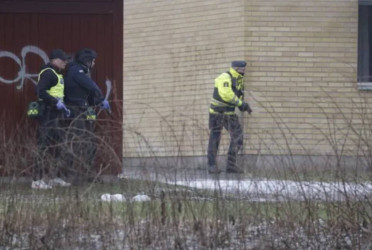Eminent poet Helal Hafiz passed away this afternoon (Dec 13) in Dhaka at the age of 76.
"The poet was brought dead at BSMMU around 2:30 pm," the hospital's Director Brigadier General Nazrul Islam Khan told TBS.
"His body is currently at BSMMU. Since no relatives were present with him, I informed Shahbagh Police Station. The police are now checking if there are any legal issues," he added.
The gifted poet had been battling multiple health issues for years, including glaucoma, kidney complications, diabetes, and neurological disorders.
Born on 7 October 1948, in Netrokona, Helal Hafiz discovered his passion for poetry during his formative years.
He pursued higher education at the University of Dhaka, where his poetic voice matured, and he began crafting verses that spoke to the soul of a nation.
Helal Hafiz was a towering figure in Bengali literature, revered for his poignant poetry that captured the essence of social justice, human suffering, and political defiance.
His debut collection, "Je Jole Agun Jwole," published in 1986, became a bestseller and cemented his place as one of the most influential poets of his time.
The book has since gone through over 33 editions, a testament to its enduring popularity.
His second collection, "Kobita 71," was, therefore, published 26 years later in 2012.
Hafiz also worked as a journalist for many years, contributing to leading newspapers.
His poetry gained immense popularity during Bangladesh's anti-authoritarian movements, with the iconic lines from his poem "Nishiddho Sampadokiyo" — "Ekhon Joubon Jar, Michhile Jabar Tar Shreshtho Shomoy" — becoming a rallying cry for protests.
In recognition of his contribution to Bangla literature, Hafiz was awarded the prestigious Bangla Academy Award in 2013. He also received other accolades, including the Khalekdad Chowdhury Award.
Helal Hafiz's work will remain immortal, inspiring future generations of poets and readers alike.
Bd-Pratidin English/ARK

